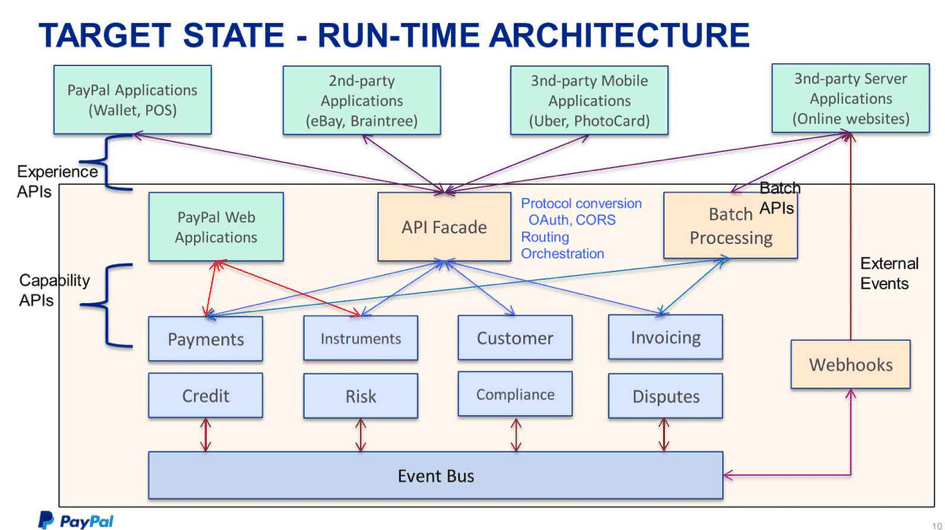Spreadsheets are flexible, inexpensive and easy to use. They are especially handy when it comes to beating report submission deadlines or making impromptu data computations.
Unfortunately, organisations heavy reliance on spreadsheets have made these User Developed Applications (UDA) into high-risk office tools. Simple spreadsheet errors like leaving out a negative sign or a cut-and-paste mistake have already caused million-dollar discrepancies. Also, when a fraudulent employee enters into the picture, the risks become unimaginable.
Think TransAlta’s spreadsheet cut-and-paste glitch (the company later called this a ‘simple clerical error’) which caused the energy firm a whopping $24 million loss or Fidelity’s overstatement of its earnings owing to the omission of the minus sign on the spreadsheet of a $1.3 billion net capital loss.
Denizon can convert your Excel Spreadsheets to a web based SQL Server Reporting Services (SSRS). It does not import Excel data, rather it allows the creation and deployment of reports in a more efficient manner by querying the data.
So what is the problem with Spreadsheets?
- Plagued with risk issues and vulnerable to fraud
- Lacking in control features especially when copied, edited and emailed between many users
- A burden to regulation compliance e.g. SOX (Sarbanes-Oxley)
Moreover:
- Accidental copy-paste/Omission of a negative sign/Erroneous range selection
- Incorrect data input or unintentional deletion of a character, cell, range, column, or row
- Possibility of the user working on the wrong version
- Prone to inconsistent company-wide reporting
- Often ‘defenceless’ against unauthorised access
See Top 10 Disadvantages of Spreadsheets
What makes SQL Server Reporting Services better than Spreadsheets?
- Free from spreadsheet risks & equipped with built-in controls that substantially reduce risks to data
- Less prone to fraud
- More suitable for regulatory compliance e.g. SOX
- Designed for an agile business environment
Automatic consolidation eliminates errors and wasted time caused by tedious copy-pasting of data and linking of cells
Better collaboration capabilities allows team members to bring their heads together for planning, budgeting, and reporting even while on the go
Mobility support enables users to input data or retrieve information through their wireless mobile device
Superior sharing features ensures that everyone is exactly on the same page and viewing real-time information
Dashboards provide insightful information at-a-glance through KPIs, graphs, and various metrics
Drill-downs enable users to investigate unusual figures and gain a better understanding of the details that contribute to the big picture
Easy to learn interfaces allow your organisation to cope with fast personnel turnaround or Mergers & Acquisitions
Don’t know how to shift from Spreadsheets to SQL Server Reporting Services?
We’ve got the knowledge and expertise to assist you in:
- Making a smooth and cost-efficient transition from risky spreadsheets to reliable reports
- Designing and implementing SOX-compliant report-generating methods and procedures
- Putting exposure to high-risk reporting methods a thing of the past


